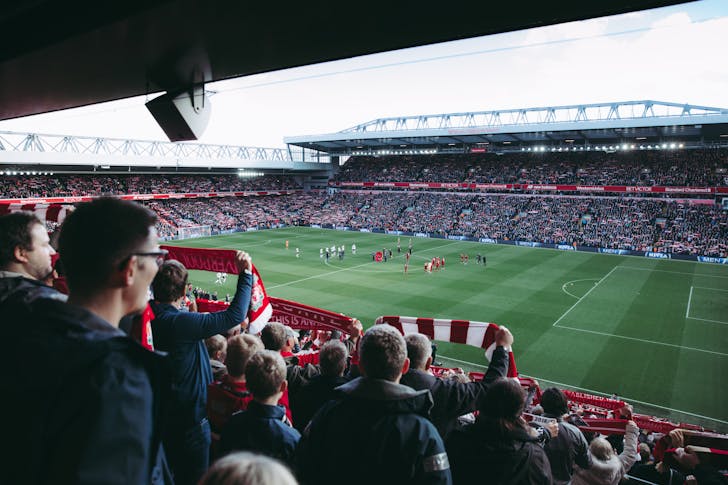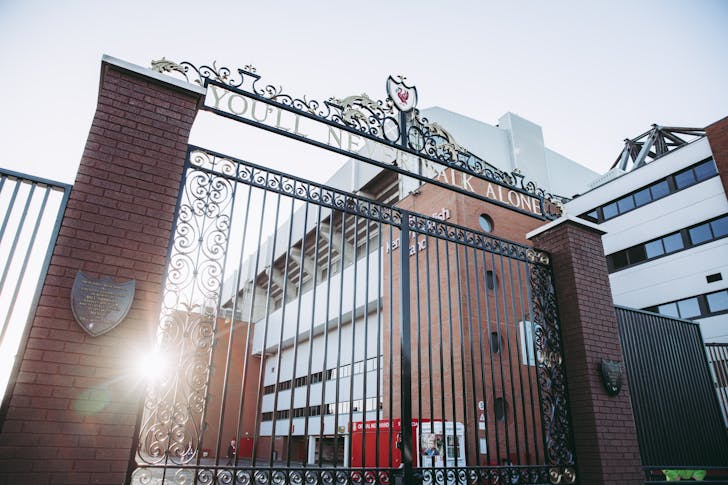Have you ever wondered who owns Liverpool and what the dynamics behind the scenes of this iconic football club look like? If you’re curious about the faces and forces behind Liverpool FC, one of the Premier League’s most storied teams. This article will explore who owns Liverpool and their impact on the club’s recent history and success.

Who Owns Liverpool Now?
American sports investment company Fenway Sports Group (FSG), led by John Henry, took ownership of Liverpool in 2010, purchasing the club from previous American owners Tom Hicks and George Gillett for around £300 million. This acquisition was a turning point for the club, especially considering it was teetering on the brink of administration under its former owners.
The Current Owners of Liverpool: Fenway Sports Group
FSG isn’t just a player in the world of soccer. Based in Boston, this sports conglomerate also owns significant franchises like the Boston Red Sox in Major League Baseball and the Pittsburgh Penguins in the National Hockey League. At the helm of FSG are John Henry, the principal owner; Tom Werner, the chairman; and Mike Gordon, the president.

The group boasts an impressive sports team ownership, partnerships, and investment portfolio. FSG is part-owned by firms such as RedBird Capital Partners and Arctos Sports Partners. Additionally, in a move that broadened their financial and cultural reach, NBA superstar LeBron James became a minor partner in FSG in 2021, initially investing in Liverpool in 2011 through his fund, LRMR Ventures.
Breakdown of Liverpool’s Ownership
John Henry’s FSG holds the reins as the majority owner of Liverpool, supported by a cadre of minority investors. RedBird Capital Partners is a notable shareholder in FSG, holding an 11% stake following a significant investment in 2021. LeBron James’s involvement is also noteworthy, though his share in the group is reported to be no more than two percent.
Liverpool’s Leadership: Key Figures Behind the Success
Liverpool’s board of directors features influential figures like John Henry and Tom Werner, with Billy Hogan serving as the chief executive officer. The board’s composition underscores a blend of legendary status and strategic business acumen, including Liverpool legend Sir Kenny Dalglish and minority stakeholder Michael Egan. The absence of any individual from RedBird Capital on Liverpool’s board points to a more hands-off investment approach.
The Impact of FSG’s Ownership on Liverpool
Since FSG’s acquisition, Liverpool has seen a period of substantial success, clinching both the Premier League and the Champions League titles. The ownership’s commitment to strategic player acquisitions and their trust in manager Jürgen Klopp has been instrumental in this success. However, FSG’s involvement in the controversial European Super League proposal in 2021 did spark significant backlash from the fanbase, leading to a public apology from John Henry.

Wrapping Up
FSG’s journey with Liverpool is a testament to their robust strategic direction, with their latest valuations topping $7 billion, buoyed by recent investments like the $100 million from Dynasty Equity. As Liverpool continues to compete at the highest levels, the ownership under FSG is a pivotal element of their ongoing story, illustrating the impact of sound financial and managerial strategies in the world of elite football.
